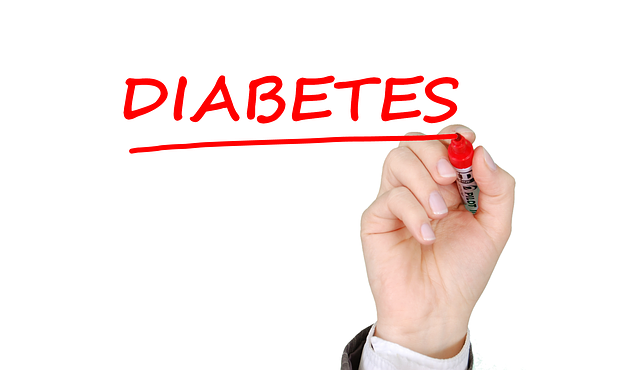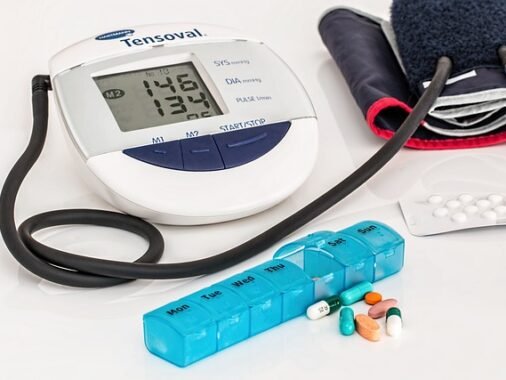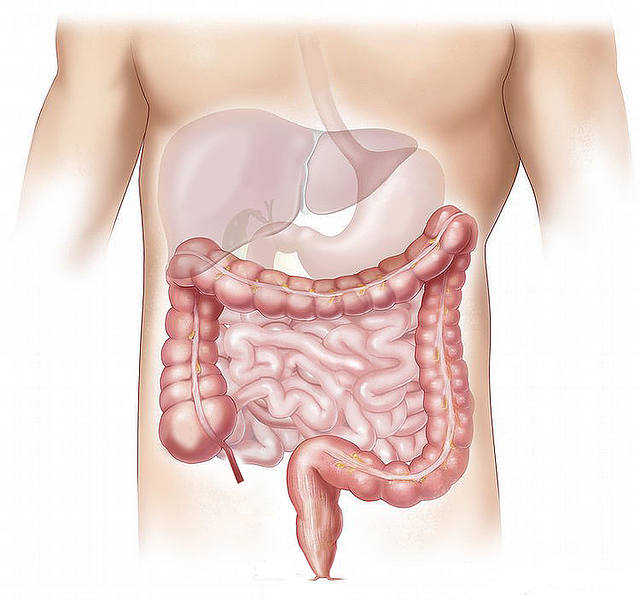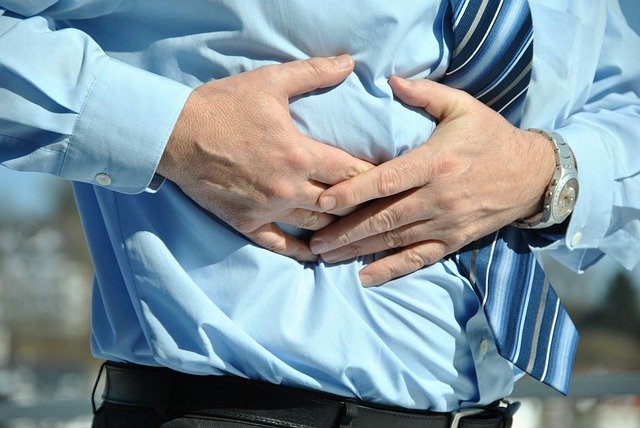While breastfeeding, it’s important to maintain a balanced diet to ensure both you and your baby get the necessary nutrients. However, some foods and substances can affect breast milk and may be best avoided or consumed in moderation. Here are 17 foods and substances to be cautious about or avoid while breastfeeding:
Could my baby react to the food I eat while breastfeeding?
Yes, your baby can react to the foods you eat while breastfeeding. While many foods pass through breast milk without causing issues, some can affect your baby’s behavior, digestion, or overall well-being. Here are some common signs that your baby might be reacting to something you ate:
Signs of Food Sensitivity or Allergy in Babies
- Fussiness or Irritability: Unexplained crying or discomfort.
- Digestive Issues: Gas, bloating, diarrhea, or constipation.
- Skin Reactions: Rashes, eczema, or hives.
- Respiratory Problems: Congestion, runny nose, or wheezing.
- Sleep Disturbances: Difficulty sleeping or waking frequently.
What to Do If You Suspect a Reaction?
- Eliminate Suspected Foods: If you suspect a particular food is causing issues, eliminate it from your diet for a couple of weeks and observe any changes in your baby’s behavior or symptoms.
- Reintroduce Gradually: After a period of elimination, reintroduce the food gradually and monitor your baby for any reactions.
- Consult a Healthcare Provider: If you notice persistent or severe reactions, consult with your pediatrician or a lactation consultant for guidance.
17 Foods to Avoid While Breastfeeding
Here are 17 foods to be cautious about or avoid while breastfeeding, along with detailed descriptions:
- Alcohol
- Alcohol can pass into breast milk and affect your baby’s development and sleep patterns. It’s best to avoid alcohol or consume it in moderation and wait at least 2 hours per drink before breastfeeding.
- Caffeine
- Found in coffee, tea, chocolate, and some sodas, caffeine can make babies irritable and affect their sleep. Limit intake to about 200-300 mg per day (approximately one 12-ounce cup of coffee).
- Fish High in Mercury
- Fish like shark, swordfish, king mackerel, and tilefish contain high levels of mercury, which can affect your baby’s nervous system. Opt for low-mercury fish like salmon, tilapia, and shrimp.
- Certain Herbs
- Sage and parsley can reduce milk supply if consumed in large amounts. These herbs are often used in cooking, so be mindful of their intake.
- Peppermint and Spearmint
- These herbs can also reduce milk supply if consumed in large amounts, either as teas or in candies and gums.
- Ginseng
- Known for its stimulating effects, ginseng can cause restlessness and irritability in infants. It is often found in energy drinks and supplements.
- Spicy Foods
- Spicy foods can upset some babies’ stomachs, causing fussiness or discomfort. Observe your baby’s reaction and adjust your diet if necessary.
- Gas-Inducing Foods
- Foods like beans, broccoli, cauliflower, and cabbage can cause gas in some babies. If you notice your baby is particularly gassy, try reducing these foods in your diet.
- Citrus Fruits
- Citrus fruits such as oranges, lemons, and grapefruits can cause fussiness, spitting up, or diaper rash in some babies due to their acidity.
- Chocolate
- Contains caffeine and can cause irritability and sleep issues in babies if consumed in large amounts. Monitor your baby’s reaction to your chocolate intake.
- Dairy Products
- Some babies are sensitive to cow’s milk proteins, leading to symptoms like fussiness, eczema, and digestive issues. If you suspect a dairy sensitivity, try eliminating it and see if symptoms improve.
- Peanuts
- If there’s a family history of allergies, it might be best to avoid peanuts and other nuts. Allergic reactions can range from mild to severe.
- Eggs
- Eggs can cause allergies in some babies, leading to symptoms such as skin rashes, digestive problems, and respiratory issues. Monitor your baby’s reaction if you consume eggs.
- Wheat
- Can cause allergies or sensitivities in some babies, resulting in digestive issues, skin problems, or respiratory symptoms. If you suspect a wheat allergy, consult with a healthcare provider.
- Garlic
- Garlic has a strong flavor that can alter the taste of breast milk, which may cause some babies to refuse feeding or become fussy.
- Onions
- Like garlic, onions have a strong flavor that can affect the taste of breast milk, potentially causing your baby to be fussy or refuse to nurse.
- Artificial Sweeteners
- Some artificial sweeteners, like saccharin, can be harmful in large amounts. It’s best to use natural sweeteners like honey or maple syrup, but consult your healthcare provider.
By being mindful of these foods and observing your baby’s reactions, you can help ensure a more comfortable and healthy breastfeeding experience. Always consult with a healthcare provider or lactation consultant if you have concerns about your diet and breastfeeding.
General Tips for a Balanced Diet While Breastfeeding
Maintaining a balanced diet while breastfeeding is crucial for your health and the health of your baby. Here are some detailed tips to help you ensure you’re getting the necessary nutrients:
1. Eat a Variety of Foods
- Fruits and Vegetables: Aim for a variety of colors to get a range of vitamins, minerals, and antioxidants. Fresh, frozen, and dried fruits, as well as vegetables, are all good options. Include leafy greens, berries, carrots, apples, and citrus fruits.
- Whole Grains: Choose whole grains like oats, brown rice, quinoa, and whole wheat bread over refined grains. These provide essential fiber, B vitamins, and iron.
- Protein: Incorporate a mix of protein sources such as lean meats, poultry, fish, eggs, dairy products, beans, lentils, nuts, and seeds. Fish is particularly good for omega-3 fatty acids, but avoid those high in mercury.
2. Stay Hydrated
- Water: Drink plenty of water throughout the day. A good rule of thumb is to drink a glass of water each time you breastfeed.
- Hydrating Foods: Include hydrating foods like cucumbers, watermelons, oranges, and soups.
- Limit Caffeinated and Sugary Beverages: While moderate caffeine is generally safe, excessive amounts can affect your baby. Sugary drinks provide empty calories and can lead to weight gain.
3. Consume Healthy Fats
- Sources of Healthy Fats: Include sources like avocados, nuts, seeds, olive oil, and fatty fish such as salmon. These fats are essential for your baby’s brain development and for maintaining your own energy levels.
- Avoid Trans Fats: Found in many processed foods, trans fats can be harmful to both you and your baby. Check labels for partially hydrogenated oils.
4. Get Enough Calories
- Increased Caloric Needs: Breastfeeding can burn an extra 300-500 calories per day. Listen to your body’s hunger cues and eat enough to maintain your energy levels.
- Nutrient-Dense Foods: Focus on nutrient-dense foods rather than empty calories from sugary snacks and fast food.
5. Ensure Adequate Vitamin and Mineral Intake
- Calcium and Vitamin D: Important for bone health. Good sources include dairy products, fortified plant milks, leafy greens, and sunlight exposure.
- Iron: Essential for preventing anemia. Include lean meats, leafy greens, beans, and fortified cereals.
- Vitamin B12: Important for nerve function and red blood cell production. Found in animal products like meat, fish, dairy, and eggs.
- Folate: Essential for DNA synthesis and cell division. Found in leafy greens, citrus fruits, beans, and fortified grains.
6. Limit Processed Foods
- Avoid Additives and Preservatives: Many processed foods contain additives and preservatives that are best avoided. Opt for whole foods when possible.
- Reduce Sodium: High sodium intake can lead to water retention and hypertension. Choose low-sodium options and season with herbs and spices instead of salt.
7. Monitor Allergens
- Common Allergens: Foods like dairy, nuts, soy, wheat, and eggs can sometimes cause reactions in babies. If you suspect a food allergy, consult with a healthcare provider.
- Introduce Slowly: If you need to introduce potentially allergenic foods into your diet, do so one at a time and monitor your baby’s reactions.
8. Avoid Harmful Substances
- Alcohol: Limit alcohol intake and allow sufficient time for it to clear from your breast milk before feeding.
- Caffeine: Keep caffeine consumption moderate to prevent irritability and sleep disturbances in your baby.
- Tobacco and Drugs: Avoid smoking and recreational drug use as these substances can harm your baby through breast milk.
9. Consider Supplements
- Multivitamins: A prenatal or postnatal multivitamin can help fill any nutritional gaps. Consult with your healthcare provider before starting any supplement.
- Omega-3 Fatty Acids: Consider an omega-3 supplement if you do not eat enough fatty fish.
Practical Tips for Meal Planning
- Meal Prep: Prepare meals and snacks in advance to ensure you have healthy options readily available.
- Balanced Meals: Aim for balanced meals that include a protein source, whole grains, and a variety of vegetables.
- Healthy Snacks: Keep healthy snacks on hand like fruits, yogurt, nuts, and whole grain crackers.
Maintaining a balanced diet while breastfeeding supports your health and helps ensure your baby receives the essential nutrients for growth and development. Always consult with a healthcare provider or a nutritionist for personalized advice.
FAQs:
The worst foods to eat while breastfeeding include high-mercury fish, alcohol, excessive caffeine, and highly processed foods with additives and preservatives, as they can negatively affect your baby’s health and development.
Foods that can upset a baby through breast milk include dairy, caffeine, spicy foods, gas-inducing foods like beans and broccoli, and foods that the baby may be allergic to, such as nuts and soy.
Mothers should avoid high mercury fish, excessive caffeine, alcohol, and foods that may cause allergies or sensitivities in their babies, such as dairy, nuts, and soy.
Foods that can make breastfed babies gassy include beans, broccoli, cauliflower, cabbage, onions, and carbonated beverages.
Chocolate contains caffeine and theobromine, which can cause irritability and sleep disturbances in some breastfed babies if consumed in large amounts.
Foods that may cause colic in babies include dairy products, caffeine, spicy foods, and gas-inducing foods like beans, broccoli, and onions.






